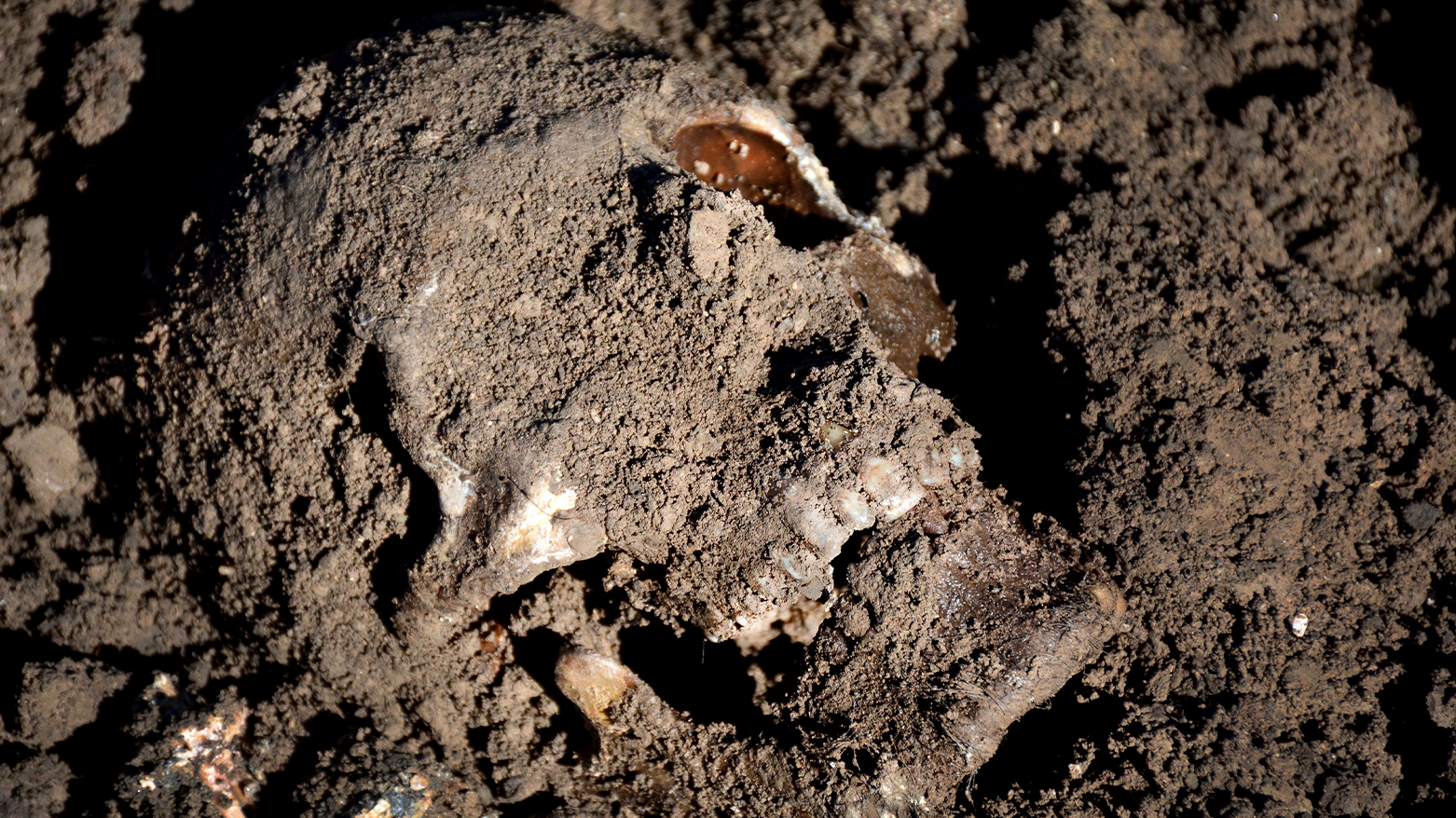KRG declares August 3 as International Day of Genocide against Yezidi Kurds
More than 85 mass graves and several individual graves of Yezidis have been discovered in Sinjar and its surroundings.

ERBIL (Kurdistan24) – The Kurdistan Regional Government (KRG) has declared August 3 as the International Day of Genocide against the Yezidi Kurds, marking the 2014 ISIS attack on Sinjar that resulted in the massacre and displacement of thousands of Yezidi Kurds.
During the attack on August 3, 2014, Mount Sinjar became the sole refuge for Yezidis fleeing ISIS terrorists.
Many Yezidis endured years on the mountain, some reaching West Kurdistan before returning through the Fishkhabour/Semalka border crossing, while others resettled in various cities across the Kurdistan Region or emigrated abroad.
The ISIS attack led to the deaths of over 5,000 Yezidi Kurds and left approximately 2,745 children orphaned.
The attack displaced more than 325,000 Yezidis, with the latest statistics from the Kurdistan Region’s Presidency’s Kidnapped Yezidis Rescue Office indicating that 135,860 Yezidi Kurds have been relocated within the Kurdistan Region, 189,337 have been displaced to Kurdish territories outside KRG control, and over 100,000 have migrated to other countries.
According to these statistics, ISIS terrorists kidnapped 6,417 Yezidi Kurds, with 3,576 rescued to date, while over 2,600 remain missing. More than 85 mass graves and several individual graves of Yezidis have been discovered in Sinjar and its surroundings.
Read More: Remains of 41 Yezidi victims of ISIS-led genocide return home
Read More: Exhumation of Alo Antar Mass Grave Begins in Tal Afar
Nine years after the attack, the situation in Sinjar remains dire. The ISIS assault severely damaged the district's infrastructure, with numerous houses destroyed and shrines demolished.
On November 13, 2015, Peshmerga forces, led by President Barzani and supported by the international coalition against ISIS, launched an operation that recaptured Sinjar within 24 hours.
Read More: Peshmerga Launch Operation to Liberate Shingal from IS
The UN estimates the Yezidi population in Iraq to be 550,000, with most now living outside their areas due to the ongoing instability in Sinjar. The presence of armed groups, lack of services, and absence of peace have hindered the return of Sinjar's residents, despite the Iraqi government's efforts.
The Sinjar Agreement, signed on October 9, 2020, between the Iraqi government and the KRG under the supervision of former Iraqi Prime Minister Mustafa al-Kadhimi, aimed to normalize the situation in Sinjar.
Read More: KRG and Baghdad reach administrative, security agreement on Sinjar
The agreement included the election of a new mayor, security responsibilities for the federal government, recruitment of 2,500 residents into a new force, and the expulsion of PKK-affiliated forces. However, the agreement has not been fully implemented, with Yezidi Kurds blaming the Iraqi government for its failure to expel illegal armed groups such as the PKK and Popular Mobilization Forces (PMFs).
Reports indicate that over 20,000 fighters from various groups remain stationed in Sinjar, obstructing the city’s restoration and turning it into a battleground for different conflicts.
The Kurdistan Region’s Ministry of Interior attributes the failure to return refugees to the presence of these illegal forces and the lack of agreement implementation, criticizing the financial support given to militias under the pretext of city restoration.
The KRG has reiterated its support for the voluntary and dignified return of refugees to their homes, emphasizing the need for genuine efforts to restore peace and stability in Sinjar.